PROTECT YOUR DNA WITH QUANTUM TECHNOLOGY
Orgo-Life the new way to the future Advertising by AdpathwaySenate Democrats Block Trump’s Clean Spending Bill for 12th Time as Shutdown Worsens
On Wednesday, Senate Democrats struck down a Republican-led attempt to end the ongoing government shutdown, marking the twelfth refusal in a 54-46 vote. With the shutdown now stretching into its fourth week, the impact is increasingly alarming, affecting essential federal operations and millions of American families.
The latest blocked proposal, intended as a “clean” continuing resolution, had backing from President Donald Trump and GOP leaders. It aimed to restore government funding through November 21 without any added distractions. Democrats, however, withheld their support, insisting on additional provisions, notably an extension of Affordable Care Act (ACA) tax credits that are set to expire. Republicans argue these demands are irrelevant to the funding bill and are using them as political leverage at the expense of everyday Americans.
“🚨 BREAKING: Senate Democrats have just BLOCKED for the 12TH TIME President Trump and Republicans’ clean funding bill to reopen the government,” a GOP-affiliated tweet stated soon after the vote. The post added, “Chuck Schumer suffered a DEVASTATING blow today after his own party said their ‘leverage’ is American families ‘suffering.’ GOP WON’T CAVE!”
This vote highlights the ongoing rift between Senate Democrats, led by Minority Leader Chuck Schumer, and Republicans, who currently hold a slight majority in the House but lack the votes needed to break the Senate’s filibuster without Democratic cooperation.
The legislation faced a familiar legislative journey. It passed the House while under Republican control in early October but couldn’t muster the necessary 60 votes in the Senate. Only two Independents—Sens. Catherine Cortez Masto and Angus King—voted alongside Republicans, while Sen. John Fetterman did not cast a vote.
The shutdown’s repercussions are mounting. Studies indicate that approximately 750,000 federal employees are now furloughed without pay. This group includes federal law enforcement agents, air traffic controllers, and civilian employees from various departments like Defense, Education, and the EPA, where furlough numbers exceed 80%. Moreover, many essential workers—including TSA agents and military personnel—must continue working without guarantee of back pay.
Concerns about military readiness are rising. Training exercises have been curtailed or halted entirely, according to a group of 27 combat veterans and current reservists in Congress. “Forty-five percent of civilian workers who handle logistics, maintenance, and base operations are furloughed,” stated Rep. Don Bacon (NE-02), an Air Force veteran. “This lack of support is drastically reducing readiness.”
Food insecurity is becoming a harsh reality for military families as well. Pastor Oliver Carter, who manages a food bank near the Capitol, revealed that requests for assistance have surged from uniformed personnel. “These are folks in uniform who defended this country, and now they’re lining up for groceries,” he remarked.
In a show of solidarity with Senate Republicans, President Trump met with GOP leaders during a working lunch at the White House. “We will not be extorted,” Trump stated, emphasizing the Democrats were holding the government hostage. Vice President JD Vance and Budget Director Russell Vought were also present, reinforcing their stance against negotiating unrelated demands in funding discussions.
Democrats argue their focus remains on preserving affordable health coverage for Americans. “IT’S MIDNIGHT. That means the Republican shutdown has just begun because they wouldn’t protect Americans’ health care,” Schumer tweeted. They contend that the absence of action on ACA subsidies will significantly increase premiums for over 20 million people—a claim some analysts support.
Public opinion varies. A prediction market called Kalshi indicated an increasing likelihood that the shutdown may surpass its previous record of 35 days, hitting 78% by midweek. Economists estimate the shutdown costs the U.S. economy nearly $15 billion per day, as vital data collection, infrastructure projects, and grant distributions remain stalled. Treasury Secretary Scott Bessent characterized the situation as “cutting into muscle.”
Republicans are attempting to push through temporary funding strategies. A measure to fund military pay cleared the House, with Senate Republicans seeking a vote. Yet Democrats have blocked this effort, arguing that selective funding undermines their negotiating position. “The longer this goes on, the more pain will be inflicted,” warned House Speaker Mike Johnson.
To address the fallout, the Trump administration has initiated emergency measures. On Tuesday, the White House announced the release of $3 billion in emergency farm aid, utilizing pre-allocated USDA funds to assist the agricultural sector impacted by delayed subsidies and foreign trade disruptions. This step did not need congressional approval, relying on mechanisms established during previous trade negotiations with China.
Discontent isn’t confined to partisan lines. Within the GOP, Senator Rand Paul (R-KY) opposed the funding measure and notably was left out of the White House lunch, signaling internal disagreements. “I won’t support a bill that funds wasteful agencies without making any reforms,” Paul told reporters.
The ongoing partisan standoff is becoming increasingly contentious. Rep. Max Miller (OH-07) criticized Democrats, stating, “While the Democrats are partying on the rooftop of the DNC, our service members inch another day closer to missing their next paycheck.” Rep. Sheri Biggs (SC-03) declared, “I’m refusing my pay during this shutdown because when troops miss their paychecks, members of Congress shouldn’t cash theirs.”
As things stand, a clear path forward remains elusive. Bipartisan negotiations have yet to yield results, and with the House recessed until Friday, immediate resolutions appear unlikely. Senate Majority Leader John Thune voiced frustration, stating, “Democrats have made it very clear that they don’t care about the costs of the shutdown to anyone.”
American citizens continue to feel the ramifications of the stalemate—from canceled passport appointments to halted economic metrics crucial for market functioning. The stakes are high, with the livelihoods of millions, critical government operations, and national security caught in a political stalemate.
Unless a significant shift occurs soon, the shutdown is set to break all prior records in duration and cost, further eroding trust in Washington.
"*" indicates required fields


 2 days ago
3
2 days ago
3
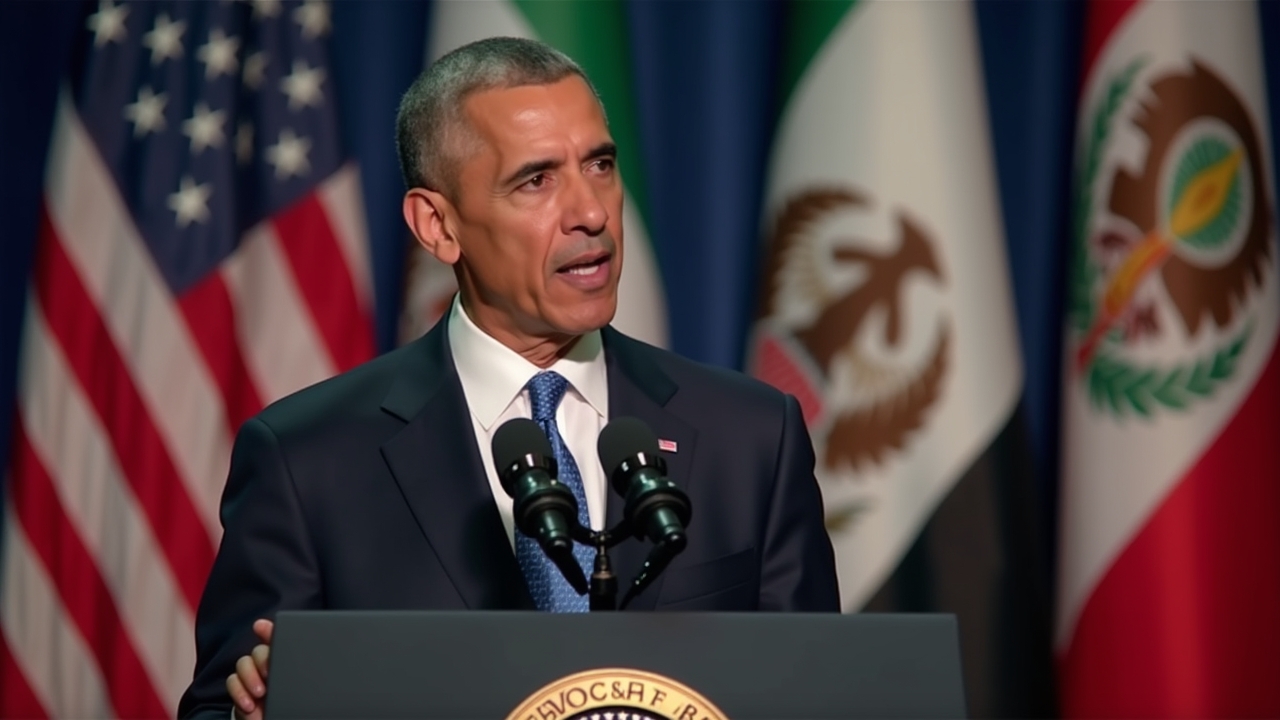

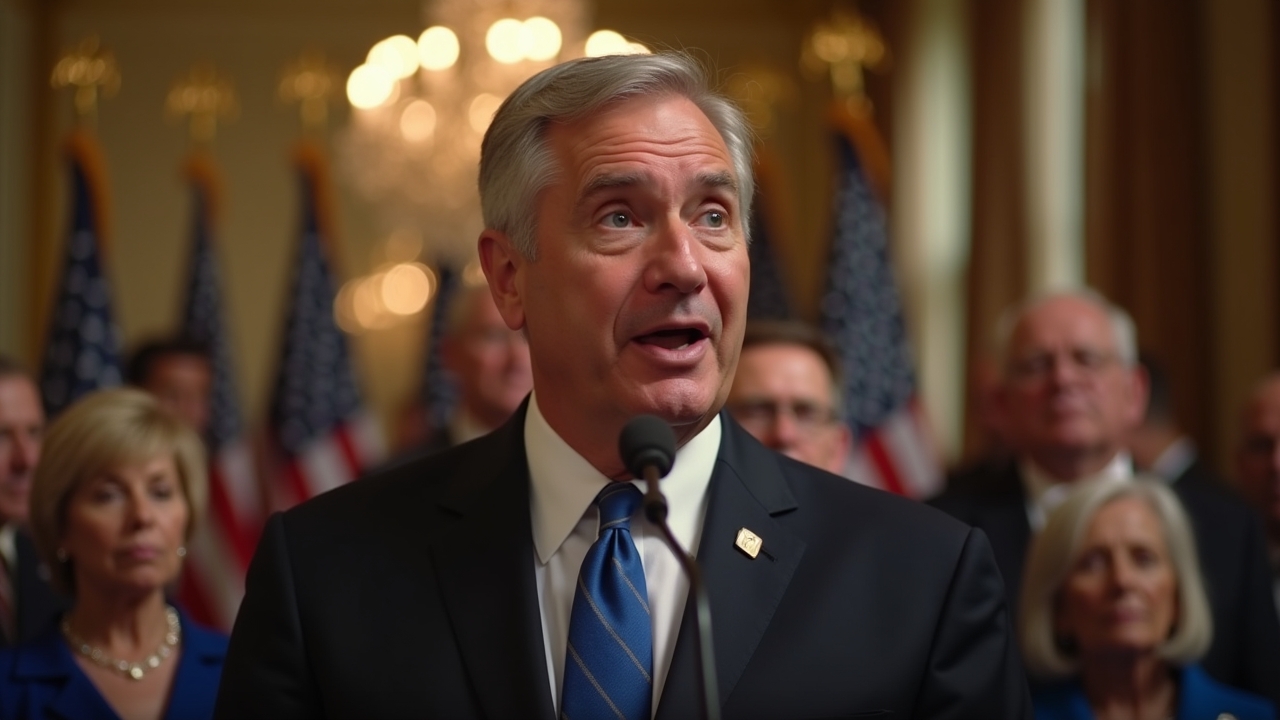
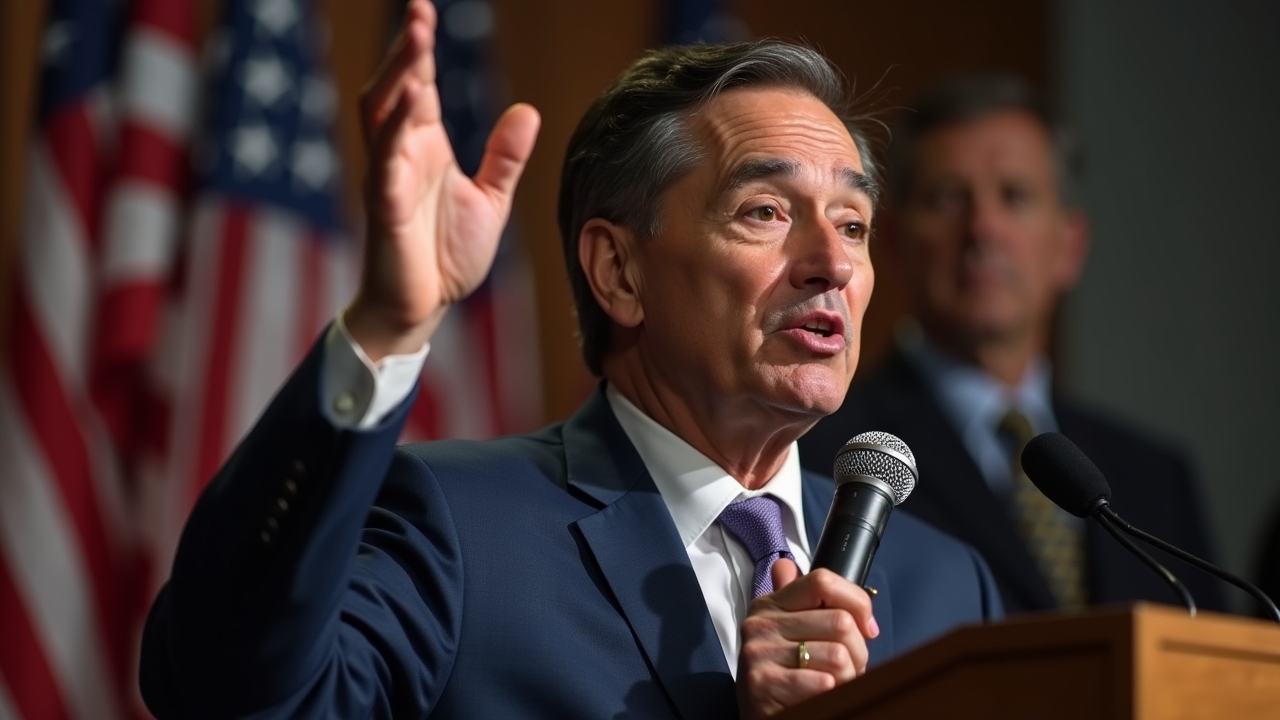
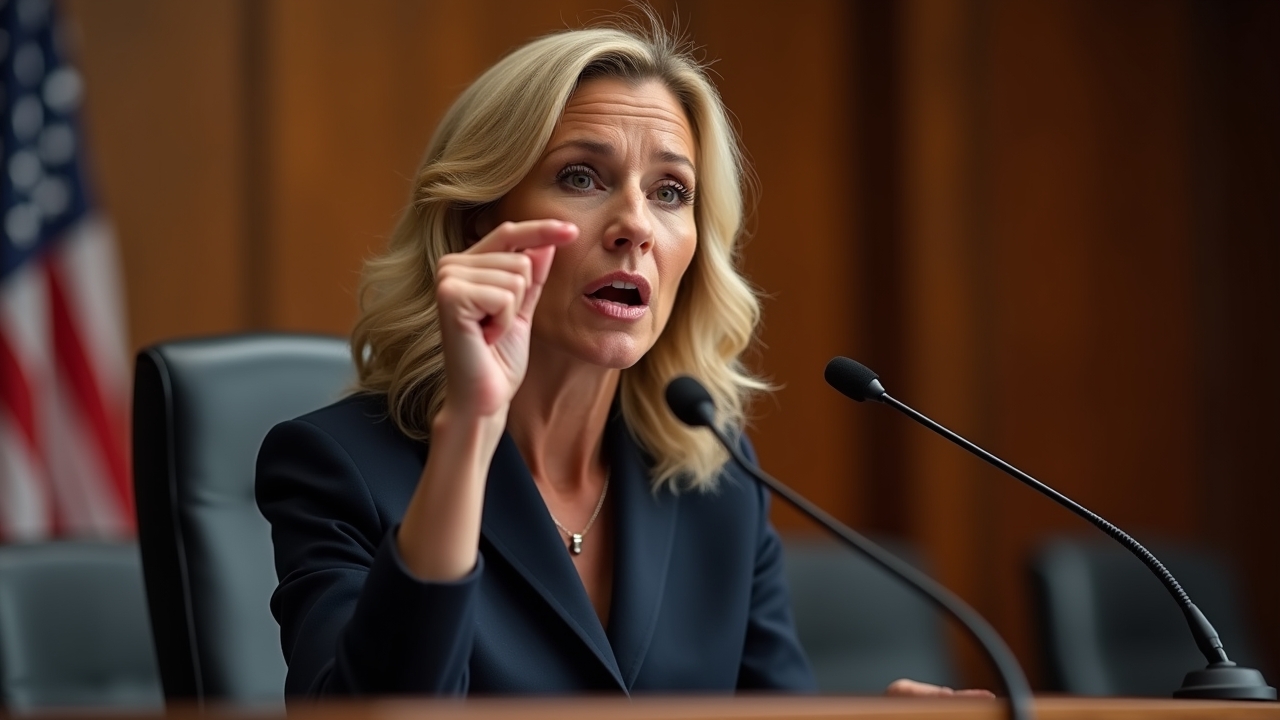
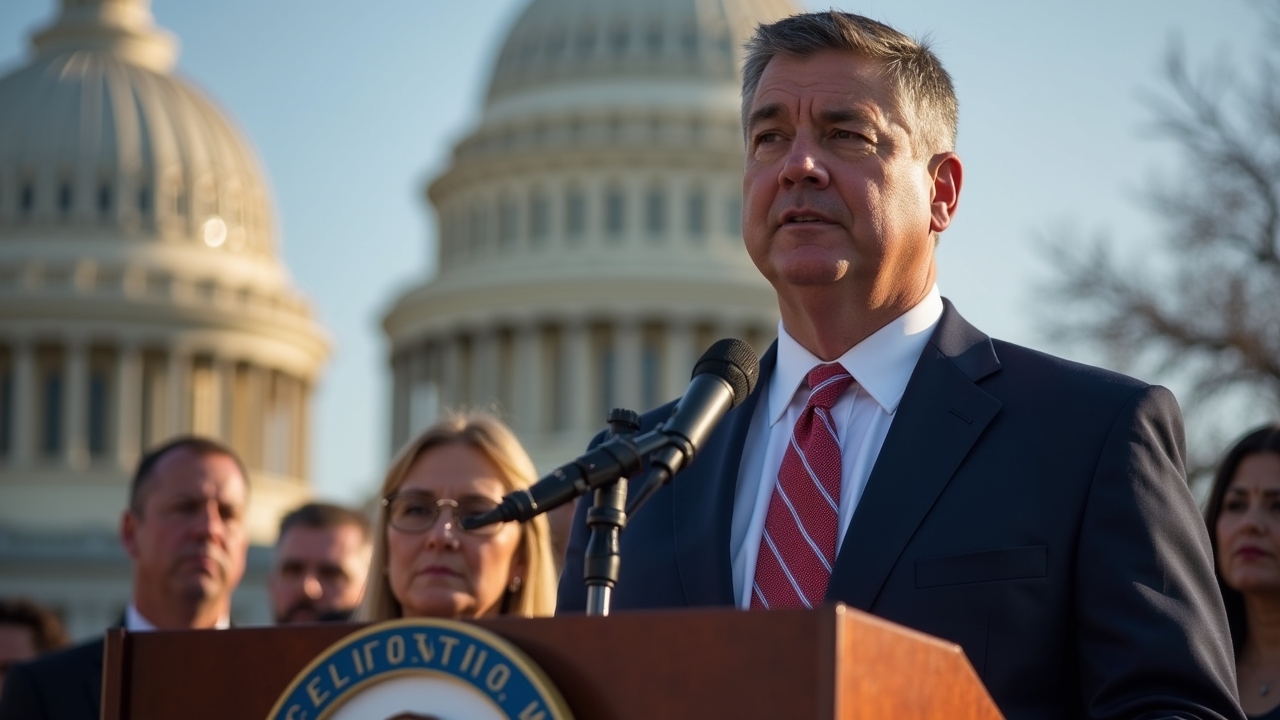
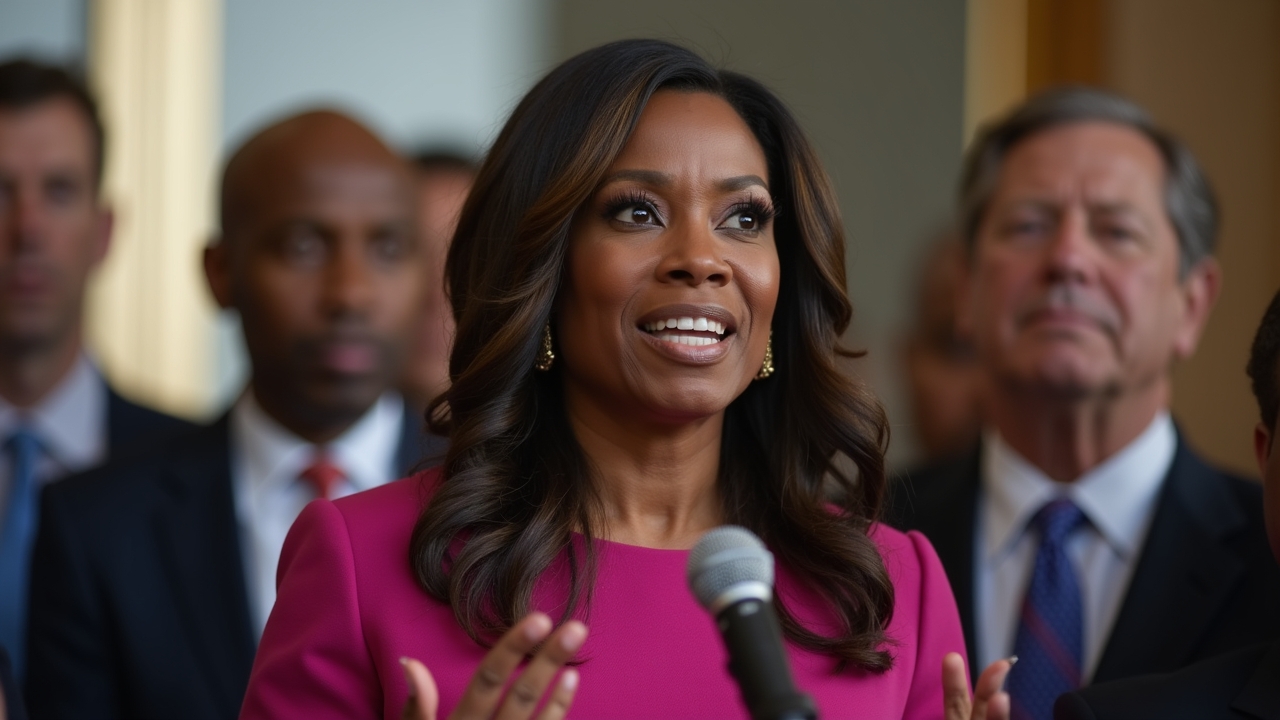
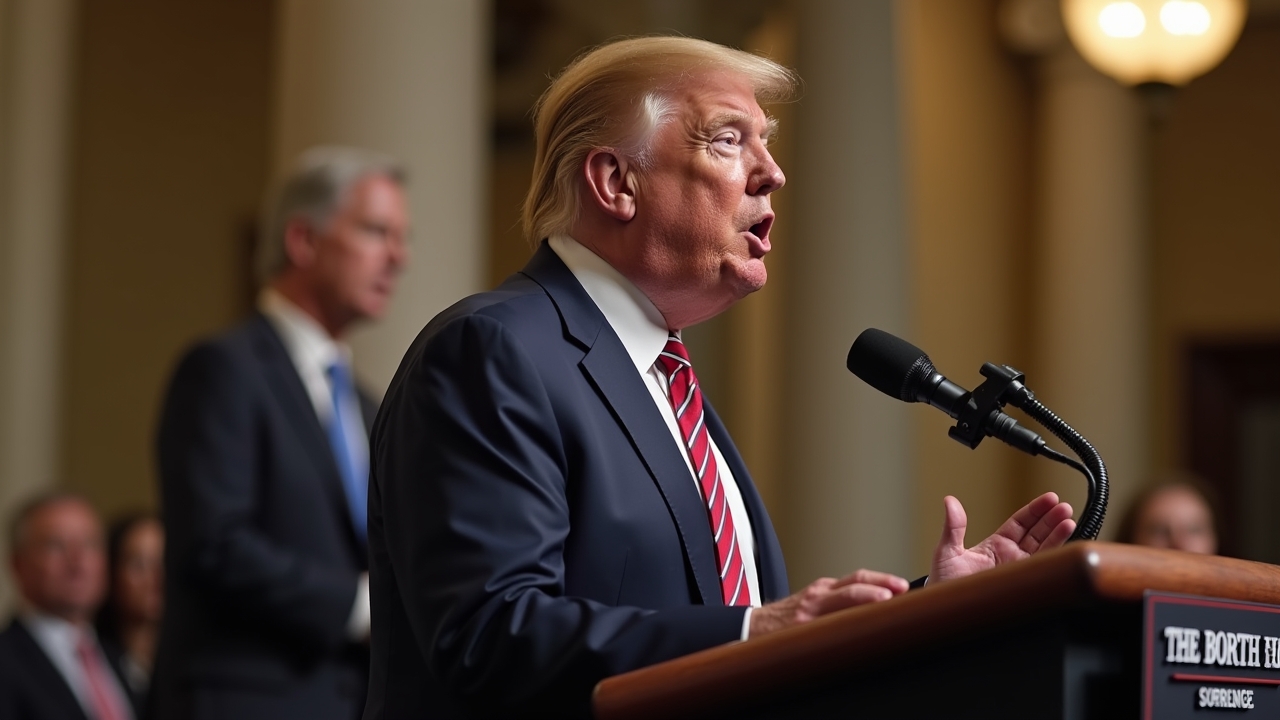










.jpg)






 English (US) ·
English (US) ·  French (CA) ·
French (CA) ·